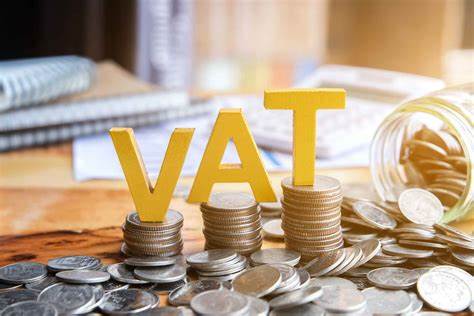The manufacturing sector remained the top contributor to Value-added Tax (VAT) with a contribution of N395.34 billion, representing 22.21 percent of the N1.78 trillion total VAT collections in the third quarter of 2024 (Q3’24), reaffirming its critical role in Nigeria’s economic development.
Recall that the National Bureau of Statistics (NBS) also reported the manufacturing sector as the highest sectoral contributor, accounting for N183.89 billion, or 11.78% of the N1.56 trillion total VAT collected in Q2’24.
VAT is a consumption tax managed by the Federal Inland Revenue Service (FIRS).
In its Q3’24 report, NBS noted that the information and communication sector ranked as the second highest contributor to VAT with 20.89 percent, while mining and quarrying activities rounded out the top three with 18.90 percent.
The report stated: “In terms of sectoral contributions, the top three largest shares in Q3 2024 were Manufacturing with 22.21%; Information and Communication with 20.89%; and Mining & Quarrying activities with 18.90%.
“Nevertheless, Activities of households as employers, undifferentiated goods- and services-producing activities of households for own use recorded the least share with 0.01%, followed by Activities of extraterritorial organizations and bodies with 0.01% and Water supply, sewerage, waste management, and remediation activities with 0.03%.
“However, on a year-on-year basis, VAT collections in Q3 2024 increased by 88.00% from Q3 2023.”
Manufacturing has remained a critical sector for Nigeria’s economic growth, though it faces significant challenges, including high inflation, foreign exchange volatility, inadequate infrastructure, particularly in power supply, weakening purchasing power and backlog of unsold inventory.
These headwinds have resulted in increased production costs, limited profitability, and made Nigerian products less competitive in the global market.
The sector has also been impacted by the recent increase in fuel prices, which has raised logistics costs.
 3rd Eye Africa TV Illuminating Truth, Shaping Perspectives.
3rd Eye Africa TV Illuminating Truth, Shaping Perspectives.






